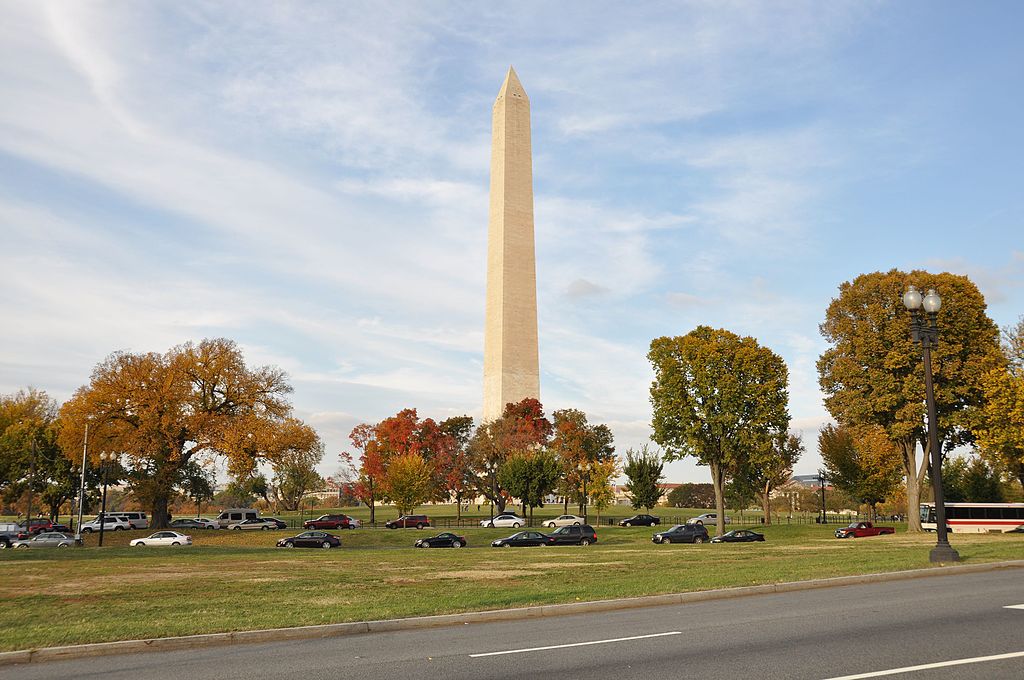The ideas of subjugation and cycles of poverty, as well as the feeder systems that interact to create an inescapable poverty trap, have long been discussed in academia, ” Economists such as Paul Collier and Jeffrey Sachs have contributed widely cited work on global poverty systems, while Michelle Alexander is hailed as a leading voice on the dynamic between race, poverty, and the criminal justice system in the U.S. The International Movement ATD Fourth World, however, alleges that while academics offer valuable insight, the discussion of poverty has been too reliant on their analysis.
ATD Fourth World collaborated with Oxford University to illustrate the experience of poverty using a participatory research model. The 2019 report included a U.S. component called the Multidimensional Aspects of Poverty, which uses the Merging Knowledge Approach to incorporate the perspectives of academic experts, social workers, and those who experience poverty every day.
The U.S., the report contends, has never extended the equal opportunity it romanticizes in its founding documents to all people. According to UN Special Rapporteur Philip Alston, the U.S. is plagued by twin narratives, in which “the rich are enterprising, altruistic, hardworking, dedicated. The poor are losers, scammers; people trying to profit from the system.”
Academics, practitioners, and activists participated in peer group meetings around the country, a process the report called “a scientific approach to the creation of new knowledge.” Three years of research resulted in a detailed map of the aspects, constants, and aggravators that forge a process of subjugation, the cause of poverty.
The study identified seven aspects of poverty. People experiencing poverty often live in disadvantaged areas, in which social services, infrastructure, education, and other institutions are dismal and underfunctioning. People experiencing poverty also experience work- and employment-related hardships through unemployment or underemployment and may only have access to unsafe or undesirable jobs that are not conducive to long-term advancement. Thus the cycle of subordination transfers to subsequent generations.
A lack of adequate health and well-being is induced by unaffordable health care, lack of preventive care, lack of access to nutritious food, and health coverage that does not encompass vision or dental services. These added stressors create and exacerbate mental health issues, and with the fourth aspect of inadequate resources, support options to address these issues are meager.
The stigma and shame associated are “two sides of the same coin,” according to the report, and the discrimination people experiencing poverty face is intersectional, whether it manifests as a formal inquiry about a home address on a job application or through interpersonal interactions. Poverty can lead to social isolation, either self-imposed or at the hands of others. Sometimes, self-isolation can even be a coping mechanism.
The final aspect of poverty the report identified is unrecognized voice and exclusion from participation. People may be ignored or distrusted, rendering them silent on the very issues that have created and exacerbated their subjugation. The aspects of poverty do not operate in isolation, but instead accumulate to create a “never-ending cycle of crises.” An activist from New York asserted:
“The system is not designed for people to evolve out of it. It keeps us in a constant phase of being below.”

ATD Fourth World’s report states that poverty is not entirely about money; in fact, the report acknowledged that one of the most surprising findings was that not having enough money was not named as the top concern. The experience of poverty is inconsistent, and “a short-term increase in income cannot compensate for decades of underfunded and failing school systems, high unemployment rates, or marginalization.”
“Many people in poverty can live through a lack of resources,” a practitioner said. “But having a lack of community and human connection can destroy a person in poverty.”
Each of these aspects form what the report broadly refers to as “the struggle.” The struggle is external, an enduring fight for survival, and internal, a pursuit for balance and peace. The struggle is not measured by resilience, a term the report argues reinforces negative perceptions of people who can’t bounce back.
Rather, “the struggle” is a state of perpetual resistance.
Two constants the participants identified as having a substantial impact on experience of poverty are uncertainty and hard choices. Unexpected incidents are more disruptive to the lives of the vulnerable, and choosing between necessities means sacrifice is inevitable, especially when those choices are impacting the livelihood of one’s children.
Lastly, the report identified the aggravators as the final force on their experiential map. Racism, the intersectionality of social identities, time spent in poverty, reduced lifespan, lack of value placed on people’s time, and the accumulation of aspects all intensify the subjugation people experiencing poverty endure.
In the comprehensive report, racism was dissected and discussed separately. Though racism is nearly always acknowledged in discussions of poverty, a practitioner stated “no one really emphasizes it enough.” The myth of the American dream and the romanticization of openness, the report found, mask the “nativism” and “white supremacist dominance” that have dominated the U.S. since its inception.
Members of the U.S. research team met at an international seminar in France last year to merge their findings with the other five countries that participated in the international project. The dimensions illustrated in the U.S. report were largely consistent with the international model, with the exception of the modifier “environment and environmental policy.” Though the U.S. report acknowledged that disadvantaged areas often have “poor water and air quality” and noted “environmental hazards” are a threat to health and well-being, the undeniable presence of environmental racism in this country was not discussed.
While the intent of the project was not to generate concrete policy recommendations, ATD Fourth World endorses a comprehensive approach to overcoming poverty. The report argues that racism and poverty must be addressed simultaneously, with people experiencing poverty present at the strategy table.







